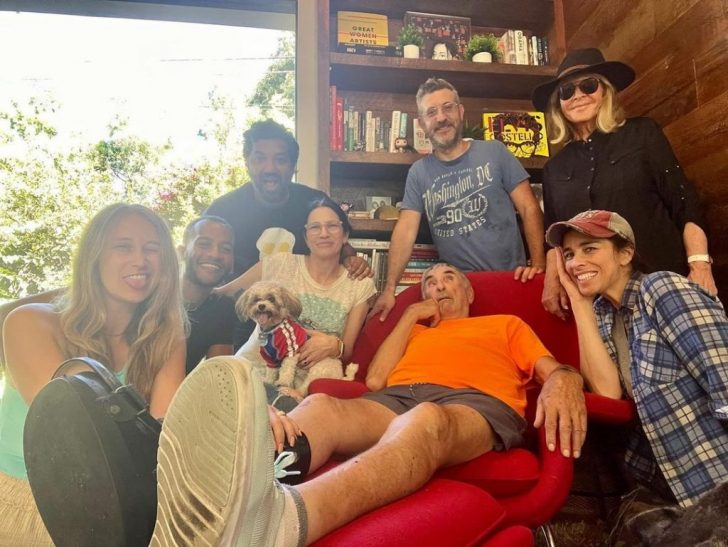Imagine this: Sarah Silverman, renowned comedian and author, takes a stand in a courtroom, not for a comedic skit, but as a plaintiff in a groundbreaking lawsuit against tech giants OpenAI and Meta. This is not a scene from a dystopian sci-fi movie – it is real life, and it is happening now.
Silverman, alongside other authors, has accused these companies of using their writings to train AI models like ChatGPT and LLaMA without permission. As it stands, the lawsuit is sparking a fiery debate on the ethics of AI development and copyright laws.

The Core of the Controversy
At the heart of the lawsuits are allegations that both OpenAI and Meta have used copyrighted materials from “shadow library” websites like Bibliotik, Library Genesis, and Z-Library for training their respective AI models. These platforms are notorious for their bulk availability of books via torrent systems, a gray area in the digital world.
The lawsuits each list six counts of various copyright violations, including negligence, unjust enrichment, and unfair competition. What is at stake? Not just a slap on the wrist but statutory damages, restitution of profits, and more.
You might wonder, “Why is this such a big deal?” Well, it is not just about one comedian’s writings. It is a matter of principle and the future of creative content. AI models like ChatGPT and LLaMA are becoming increasingly sophisticated and capable of generating human-like text, but their training requires vast amounts of data. The question arises: Where does this data come from, and at what cost to the original creators?

The Other Side of the Coin
However, let’s consider the defendants’ perspective. OpenAI and Meta might argue the transformative use of the material for AI training. A concept often defended in the tech industry. They could contend that AI, by its nature, requires extensive data to learn and evolve, and restricting access to such data could stifle innovation and progress in AI research.
But where do we draw the line between innovation and infringement? This is the crux of the debate and what makes these lawsuits so pivotal.
The Ripple Effect
The implications of this legal battle extend far beyond Silverman and her co-plaintiffs. A ruling in their favor could set a precedent, potentially reshaping how AI models are trained. It could lead to stricter regulations on data usage, more rigorous consent protocols, and maybe even a complete overhaul of how AI companies operate.

On the flip side, if OpenAI and Meta emerge victorious, it might give a green light to tech companies to use copyrighted materials in ways previously deemed unacceptable. This could revolutionize AI development but at a cost that many creators might find too steep.
Thus, Sarah Silverman’s stand against OpenAI and Meta is a fight for the soul of creativity in the age of AI. Whether you are a tech enthusiast, a content creator, or just an average Joe, this is a story that affects us all. It is a narrative that asks tough questions and demands even tougher answers.




